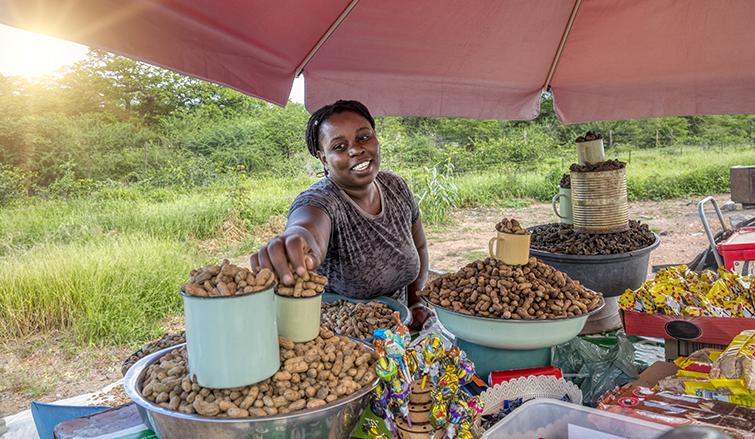Supporting the Protection and Assistance of Refugees in Kenya (SPARK)

The Kakuma refugee camp in northern Kenya hosts approximately 200,000 refugees. Many have lived in the camp all their lives, and, according to the UN refugee agency, the average time a refugee spends in a camp is 17 years.
To support the displaced populations in building sustainable livelihoods that can lead to self-reliance, lower tensions between the displaced and host community populations, and ease reintegration once the refugees returned home, the United Kingdom’s Foreign, Commonwealth & Development Office (FCDO) introduced the Supporting the Protection and Assistance of Refugees in Kenya (SPARK) program in Kakuma refugee camp.
FCDO contracted AIR to conduct an impact evaluation of the SPARK program. The livelihoods component of the initiative focused on promoting durable solutions for refugees and better integration of the refugee and host community economies.
AIR's research team used a mixed-methods approach, including quantitative surveys, key informant interviews and focus group discussions with beneficiaries, to address several issues, including beneficiary access to interventions, impact on household incomes and on local markets, and social cohesion with the host community. The final report provided critical data useful for program fine-tuning and policy development related to refugee interventions in Kenya.
